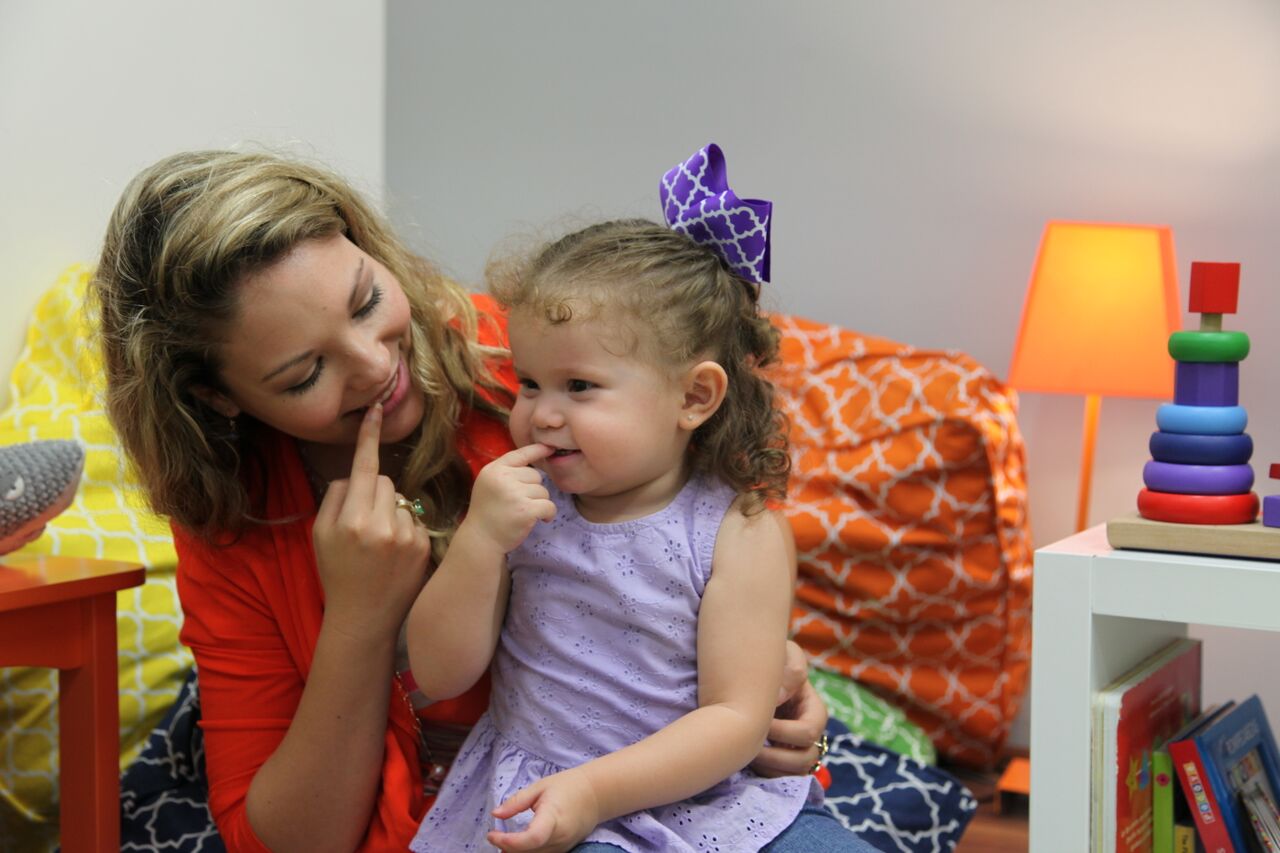If you have been paying close attention to your baby, you have probably noticed that before they can even talk, they have been trying to communicate with you. Crying, pointing, smiling, and laughing are all forms of communication and, although at first, it can be a guessing game, with time and effort you will identify what your little one means. Now, if you wish to better understand your baby’s needs and desires, you could try a personalized version of baby sign language.
What is baby sign language?
Baby sign language is a communication tool that seeks to motivate babies to communicate with gestures. It works by using manual signing that allows babies to communicate their wants and even their emotions before they can even talk.
This form of communication decreases frustration, promotes language development, and helps increase the parent-child bond. The evidence regarding these claims is still limited, but there has been lots of praise and positive anecdotes from parents and professionals who use this tool.
Complementing language with gestures and signing might diminish the frustration experienced by children who know what they want, but still do not have the verbal skills to express themselves. Findings in this field have identified that being attuned to their little one’s gestures, motivates parents to be more mindful of their baby’s unique forms of communication, leading to a decrease in miscommunication and, therefore, supports a healthy attachment.
So how do I begin?
If you want to try baby sign language you can begin at home with these easy steps.
- Look up some existing baby signs online or make up some on your own and begin signing the gesture every time you say that specific word.
- Be realistic. You can begin teaching your little one signs at 6 months of age or even before, but they might not respond until they’re around 8 months.
- Keep it simple. Make sure the gestures are simple and meaningful in your little one’s life. For example, teach the words eat, sleep, milk, mom, dad, book, etc.
- Make sure your little one is paying attention. Always sign when you say the word you want to teach, but make sure your little one can see you.
- Respond to symbolic gestures that your little one makes up.
- Model pointing. Most babies begin pointing as a means of communication between 9 and 12 months, so point away. Point to pictures in books, specific parts of an object, or even things that make sounds.
- Respond to your baby’s requests made by pointing, and make some requests by pointing yourself. Point to a toy and ask for it, or point and ask what color it is.
- Use natural gestures with your baby. You can add these gestures to your signing repertoire. Gestures are a natural form of communication, so use facial gestures, point, nod yes and no, and use many other common gestures to communicate with your little one.
- Have fun and be patient. Always remember to keep baby sign language light and fun. Don’t get discouraged if your little one does not sign back right away, keep trying and make sure you abstain from making this tool seem like a chore.
- Finally, don’t forget to keep talking to your little one to develop their language skills and strengthen communication.
Let us know if you have tried baby sign language and if it has worked for you and your little one!








